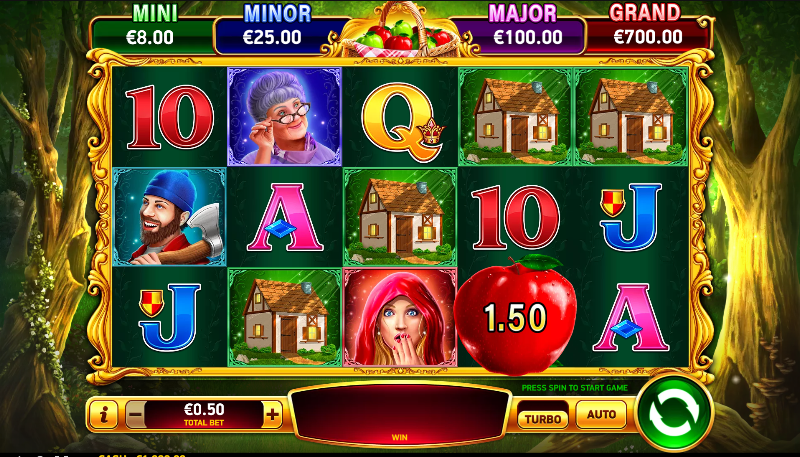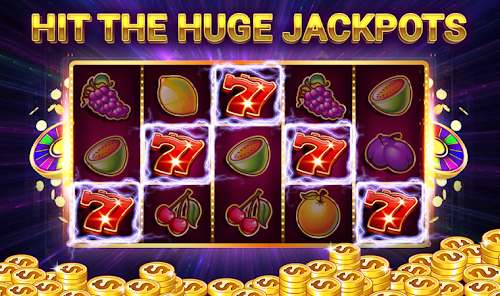Online gaming has evolved into one of the most prominent and influential forms of entertainment in the 21st century. With the rapid expansion of the internet and advancements in gaming technology, it has become a global phenomenon that transcends age, geography, and culture. What started as a niche hobby has grown into a multibillion-dollar industry, captivating millions of players and viewers worldwide. From competitive esports tournaments to casual mobile games https://www.theholdingco.net, online gaming offers something for everyone.
The Evolution of Online Gaming
Online gaming’s journey dates back to the early days of the internet. In the 1990s, multiplayer games like Doom and Warcraft allowed players to connect over local networks, but the true potential of online gaming was realized with the expansion of the internet in the 2000s. Services like Xbox Live, PlayStation Network, and Steam gave players access to a wide range of multiplayer experiences, from cooperative campaigns to intense player-versus-player (PvP) combat.
As internet speeds increased and more powerful gaming hardware became available, the quality of online games skyrocketed. Games like World of Warcraft (2004), League of Legends (2009), and Fortnite (2017) became global staples, introducing millions of players to expansive virtual worlds and highly competitive environments.
The Social Aspect of Online Gaming
One of the most significant aspects of online gaming is its ability to bring people together. The once solitary activity of gaming has transformed into a deeply social experience, with players able to connect, collaborate, or compete with others from all around the world. Multiplayer games have created virtual communities where players form friendships, join guilds or clans, and participate in large-scale team-based events.
The rise of streaming platforms like Twitch, YouTube Gaming, and Facebook Gaming has further blurred the lines between players and spectators. Millions of fans tune in daily to watch professional gamers and content creators, creating an interactive and social experience that goes beyond just playing the game itself. Viewers often interact with streamers through live chat, offering tips, cheering on their favorite players, or simply enjoying the entertainment value of a well-played game.
The Competitive Edge: Esports
Esports, or competitive gaming, has seen an unprecedented surge in popularity in recent years. Once a niche subculture, esports has blossomed into a global industry with millions of fans, professional teams, and lucrative sponsorships. Esports tournaments, such as The International (for Dota 2), League of Legends World Championship, and Overwatch League, draw massive audiences both online and in-person. These events are often broadcast to millions of viewers, and top-tier esports athletes earn salaries and sponsorships comparable to traditional sports stars.
The professionalism and organization of esports have elevated the status of gaming to a legitimate career path. Players, coaches, analysts, and event organizers now work full-time within the industry, and universities around the world have begun offering scholarships for esports athletes. The recognition of esports as a legitimate competitive sport has also prompted discussions about its inclusion in major global events like the Olympics.
The Impact of Mobile Gaming
Mobile gaming is another crucial aspect of the online gaming boom. The proliferation of smartphones and tablets has made gaming more accessible than ever before, allowing people to play games on-the-go, without the need for expensive gaming consoles or high-end PCs. Games like Candy Crush Saga, Clash of Clans, and PUBG Mobile have amassed millions of players, introducing new gaming mechanics and innovative experiences designed specifically for mobile devices.
The mobile gaming market has also made online gaming more inclusive. Players of all ages and skill levels can access games, often for free or at a low cost, which has democratized the industry and created a more diverse player base. Mobile games also frequently feature social and cooperative elements, enabling players to team up with friends or challenge strangers, further enhancing the sense of community in gaming.





